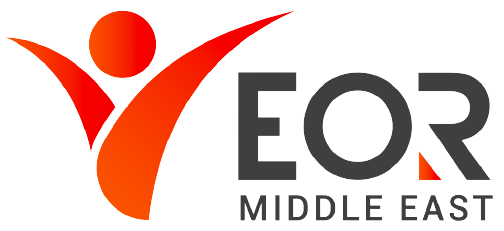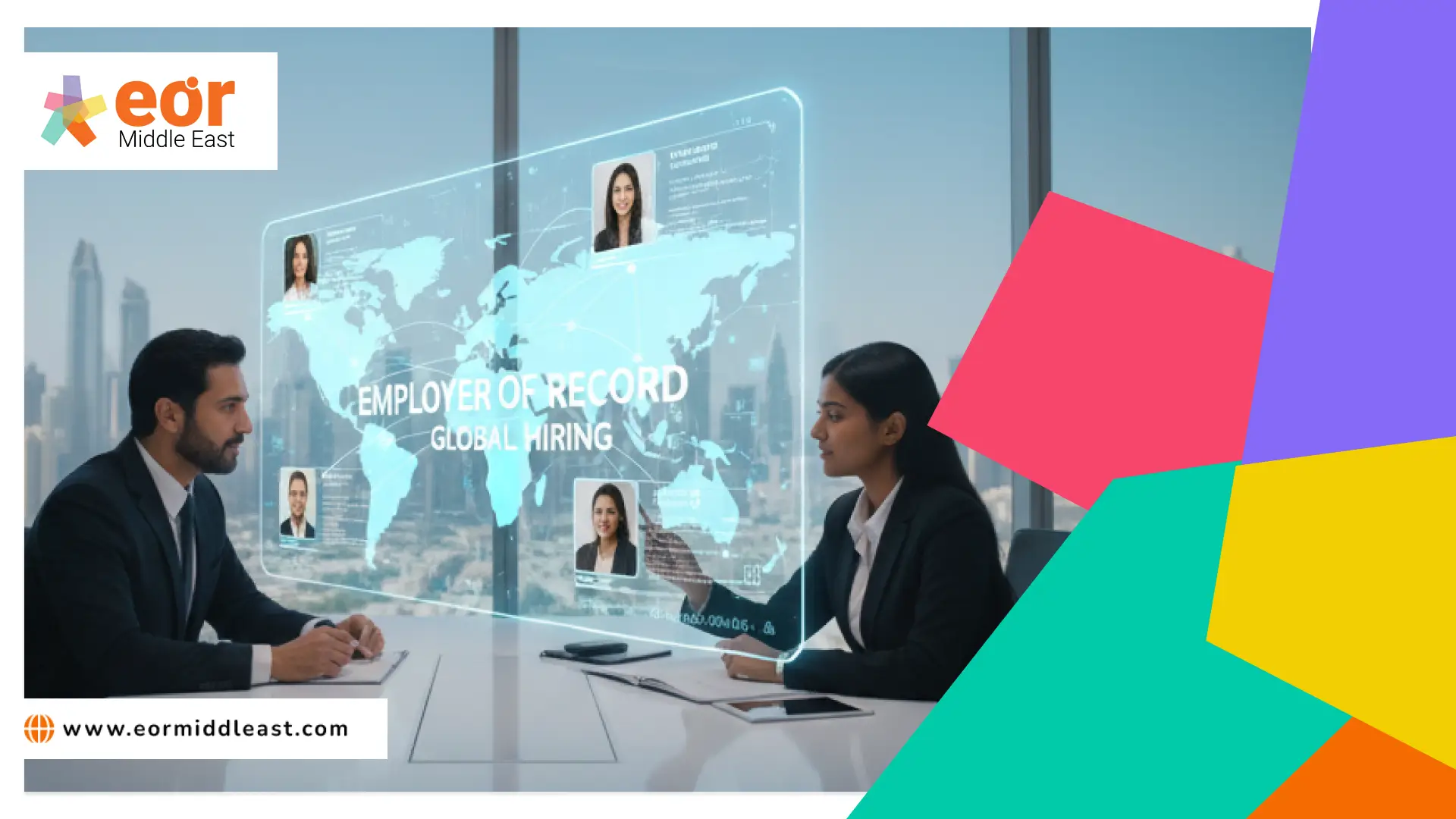Undoubtedly, a good human resource team is key to an organization’s growth and development, no matter the company’s size. However, in the case of small businesses and startups, they have to face unique challenges when it comes to human resource management. Sometimes, these issues are easily solved with the proper tool, and others are a bit more challenging, requiring time, patience, and expertise.
In this article, you will learn everything you need to know about human resource management challenges for small businesses. Let us see:
1. What does working in human resources management entail?
The human resources manager is the main head of the human resources department. They work together with the administration department to cultivate business relationships and understand the vision and mission of the institution. Normally, they report directly to the president, or the highest authority of the company; however, this may vary depending on the organizational structure.

In most cases, human resource managers monitor the development, implementation, and improvement of HR strategies, programs, and policies. As team leaders, they have to focus on planning, directing, and evaluating the operation of the department, performing tasks such as recruiting, training and development, performance, labor relations, and employee records.
In addition, they are in charge of the administration and management of compensation, benefits, and payroll. Consequently, based on the performance they observe in their work team, they make observations to improve productivity and guarantee efficiency.
2. What are the main functions of a human resources manager?
As you can see, HR managers have many different functions; next, we will see their most common functions:
2.1 Recruitment
Hiring and retaining top talent in the industry is a priority for most companies. HR managers contribute to building the future of the organization by overseeing the hiring and recruitment process. They have to work along with a department manager or supervisor to learn about an open position, including its requirements and ideal candidate qualities.
As a result, they might have to set a selection strategy, such as creating internal and external job postings, conducting initial interviews, and screening incoming applicants’ resumes. In addition, HR managers are in charge of professional reference checks and background checks to verify that candidates are eligible to work for the company.
2.2 Training
Above, we mentioned the importance of retaining talent to remain competitive in the industry; in order to do this, HR management is responsible for promoting employee development initiatives. This may include professional development programs, additional on-the-job training, and educational opportunities. This will allow employees to grow and develop in their current roles and prepare them for career advancement within the organization.

This department knows very well the importance of investing in training and development benefits for employees, and employers as well. In the case of employers, it would mean lower turnover rates and higher employee productivity. On the other hand, employees will feel valued seeing the company invest in their development, incentivizing them to stay with the company and increasing job satisfaction.
2.3 Relations between employers and employees
The human resources department manages employer-employee relationships to help employers and employees see each other as mutual contributors to the company. This way, HR managers can forest a positive dynamic between the two. In addition, they help determine company policies, ensuring fairness and equity in the workplace.
When human resource managers do a good job of creating positive employee relations, employers develop trust in their employees and value their input more, and on the other hand, employees may respect and appreciate their employers more.
2.4 Sustain company culture
Company culture differentiates one company from another and is an essential concept for large and medium-sized companies. This refers to its internal functioning, its beliefs, norms, values, and the way to carry them out. Human resource managers have the responsibility to ensure that their company culture remains solid over time.
Therefore, during the onboarding process, the HR manager may have to share the company’s values, norms, and vision with employees. This way, they can familiarize with the overall ethos of the organization. Additionally, community building, team outings, and any recognition programs or reward systems are ways HR departments might keep employee motivation and morale high.
In addition, sustaining company culture also involves being equipped to identify any shortcomings within the organization. Consequently, having the ability to address this issues effectively.
To sum up, it is a challenge that should not be overlooked in organizations. Hence, company culture is what sets a company apart from the competition. When new employees enter a company, they do not know what its corporate culture is, how it works internally, what are the ways of relating, dressing, and what its values are. As a result, they must gradually get to know the culture of the organization and adapt to it.
2.5 Develop a safe work environment
HR managers are responsible for taking care of employees’ safety at work both physical and emotional. Physically speaking, ensure the workplace is free of danger typically through hazard prevention and worksite analysis. Moreover, they must establish safety programs through risk management training, providing information about the protocol for any potential emergency scenarios.
Additionally, a safe workplace entails that the organization acts following federal and state employment rules and regulations. An HR manager has the responsibility to maintain work environments that promote respect and dignity for all employees, protecting employees from behaviors like harassment, discrimination, intimidation, and exploitation.
As a result, it is crucial to promote and provide training sessions for employees, managers, and supervisors to learn to identify harmful practices and know-how to report them when necessary.
2.6 Disciplinary actions
Disciplinary terms are quite delicate and sometimes complicated matters. Hence, HR managers have to know how to deal with them fairly and consistently to find effective solutions and keep the situation running smoothly. This way, they can prevent any additional conflict or escalation. To do this, they must develop a clear disciplinary process, including written warnings and increasing the severity with suspensions or demotions, or following another proven system.
It is crucial to have a set system in place to hold employees accountable. In addition, the human resource manager must consult with legal counsel to ensure the company acts in accordance with the law to avoid any mishandled situations and subsequent lawsuits. Consequently, this department is responsible to enforce an organization’s policies and the requirements of the law and maintaining the dignity of its employees.
2.7 Employees benefits
Administrative-wise, they must oversee mandated and voluntary company benefits. They have to make sure employers provide some benefits like social security, unemployment, and worker’s compensation. There are other benefits such as disability income, paid time off, and gym reimbursements. These benefits serve as an additional incentive for potential and current employees to work at the company.
It is important to stand out that employee benefit programs vary by organization. Therefore, some companies offer matching programs others may offer enticing comprehensive health insurance plans, etc. It does not matter the specific benefits an employer may offer, managing all of these different components is a very complex job. HR managers must have the ability to clearly explain and answer any questions employees may have regarding their policies.
3. The HR challenges that small businesses have to go through
Now, we will see some of the common challenges small businesses have to face regarding human resource management, which requires a lot of expertise and patience:
3.1 Development and performance management
The HR team and managers have to put some time into assessment and development to motivate employees in being more productive, and practical. Moreover, finding the best way forward by developing procedures for the employees and the managers is part of a human resource manager’s job.
The solution to this may be effective procedures for measuring performance. This way, they can draft precise requirements for each role. Additionally,
3.2 Human resource policies
As you might know, the lack of HR policies can be quite detrimental for a small business. As a result, it may lead to serious issues along the line. This creates an atmosphere of mistrust and lack of professionalism. Hence, HR activities should reflect a company’s culture, and above all else, its employees must be familiar with them.
To avoid this, it is advisable not to expose the company’s potential issues. Moreover, the HR team must draft precise and clear HR policies that cover the most common problems and difficulties in the working process. In addition, they must follow the law and cover everything from sick leave to sexual harassment.
3.3 Lack of training
At this point, we know that employees are a key component of a company’s success. Therefore, it is fundamental to work on proper training and onboarding. HR managers can achieve this by creating training schedules, seminars, webinars, and development plans. It is quite important to train employees adequately to do a good job.
3.4 Proper onboarding
It is crucial to stand out that onboarding is what creates the first impression of the inner workings of the organization for possible new employees. The lack of proper onboarding can be quite challenging to fix during the first impression.
In the case of small businesses, they tend to forget about creating a proper onboarding process. Due to the many responsibilities, onboarding does not represent a priority for most people. Nevertheless, it is key to onboard and train employees so they can be efficient and more productive.
4. How can we help you overcome HR challenges at your small business?
Human resource management is a very broad topic and trying to find a solution for these general challenges can be a headache. However, in EOR Middle East, we provide the best HR management services in the industry. We provide our service in countries such as:
We have several of experience in the human resource field, helping many businesses around to globe to achieve their goal to thrive and expand to new markets in the Middle East. In addition, our success rate is quite high with recognitions, showcasing us as one of the best HR services in the region. Therefore, do not hesitate to contact us!
EOR Middle East guarantees you a rapid and easy process, you will save a lot of time, allowing you to be more productive and fully focus on your projects. Let us help your small business thrive in the Middle East.

Would you like to contact EOR Middle East to obtain more information about human resource management for small businesses? If you want us to support your business with our HR management expertise, you can send us an email at [email protected].


